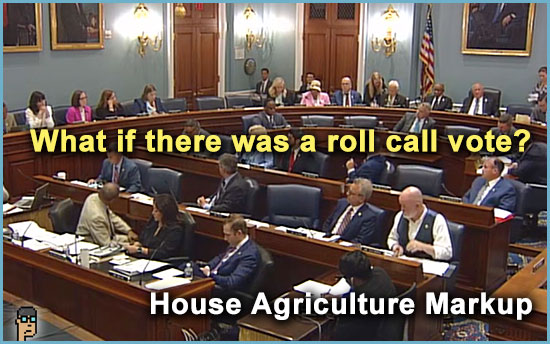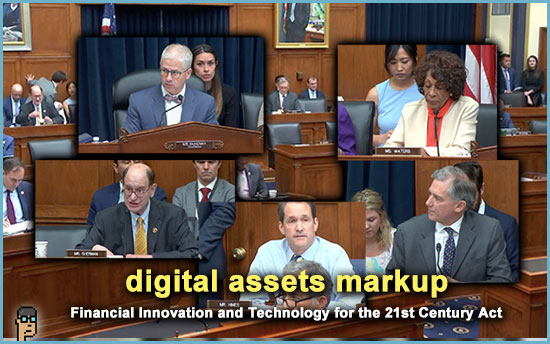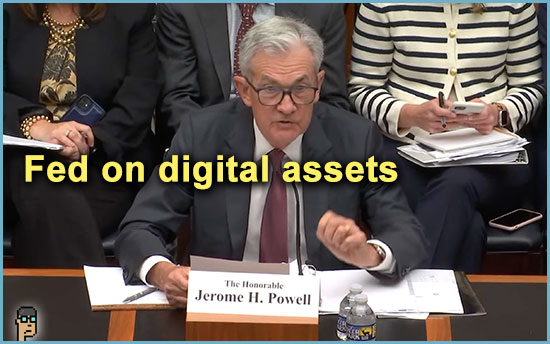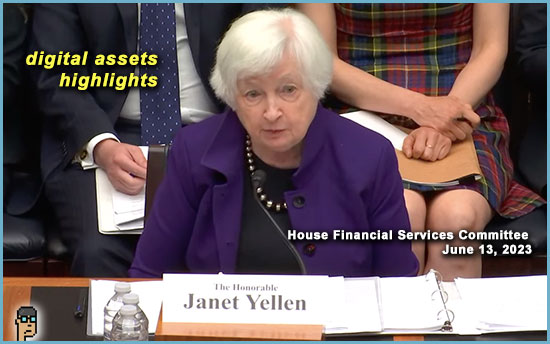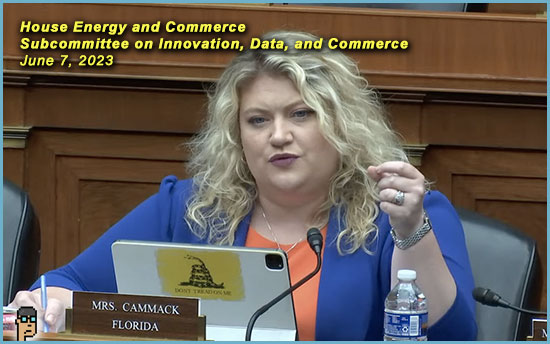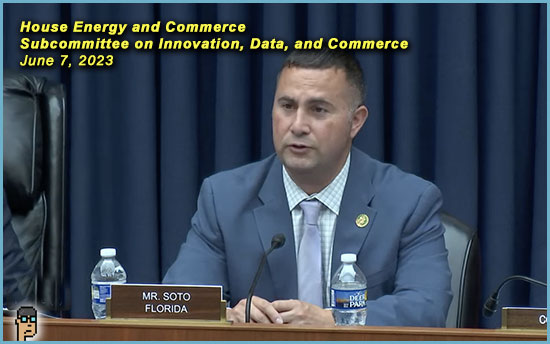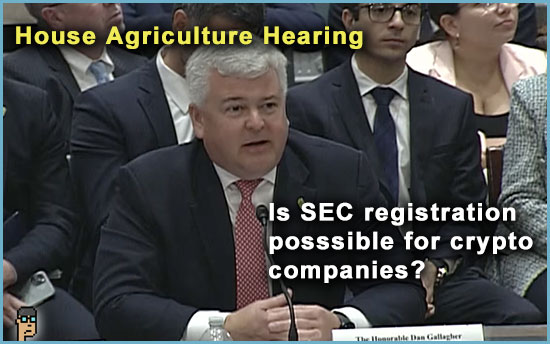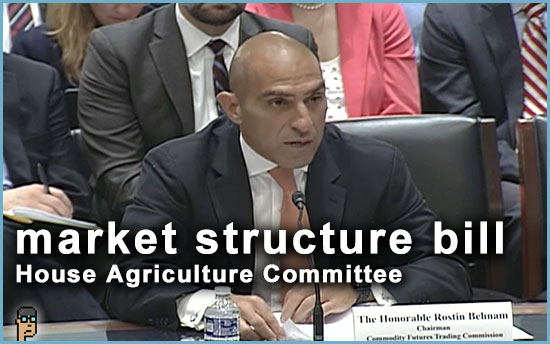With the voice vote of the House Agriculture markup last Thursday, at first glance, it’s hard to quickly identify which Members were “for ” or “against” the digital asset market structure bill known as “Financial Innovation and Technology for the 21st Century Act.”
Chair Glenn “GT” Thompson’s (R, PA) decision – no doubt in consultation with Ranking Member David Scott (D, SC) – to use the voice vote was likely driven by the Republican’s clear majority which would lead to unquestioned passage.
But, unlike House Financial Services, where roll call votes were requested by the Republican majority, the need to maintain comity among members could have been paramount for the House Ag Committee. The Committee’s remit includes the critical Farm Bill and now has expanded to the complex, and potentially divisive, digital assets market structure framework.
Therefore, “Let’s not stir the pot more than necessary.”
breaking it down
But, what is there was a roll call vote? Let’s stir the pot.
There are 29 Republicans and 25 Democrats on the House Agriculture Committee. Continue reading “House Agriculture Committee Markup: What If There Was A Roll Call Vote?”

